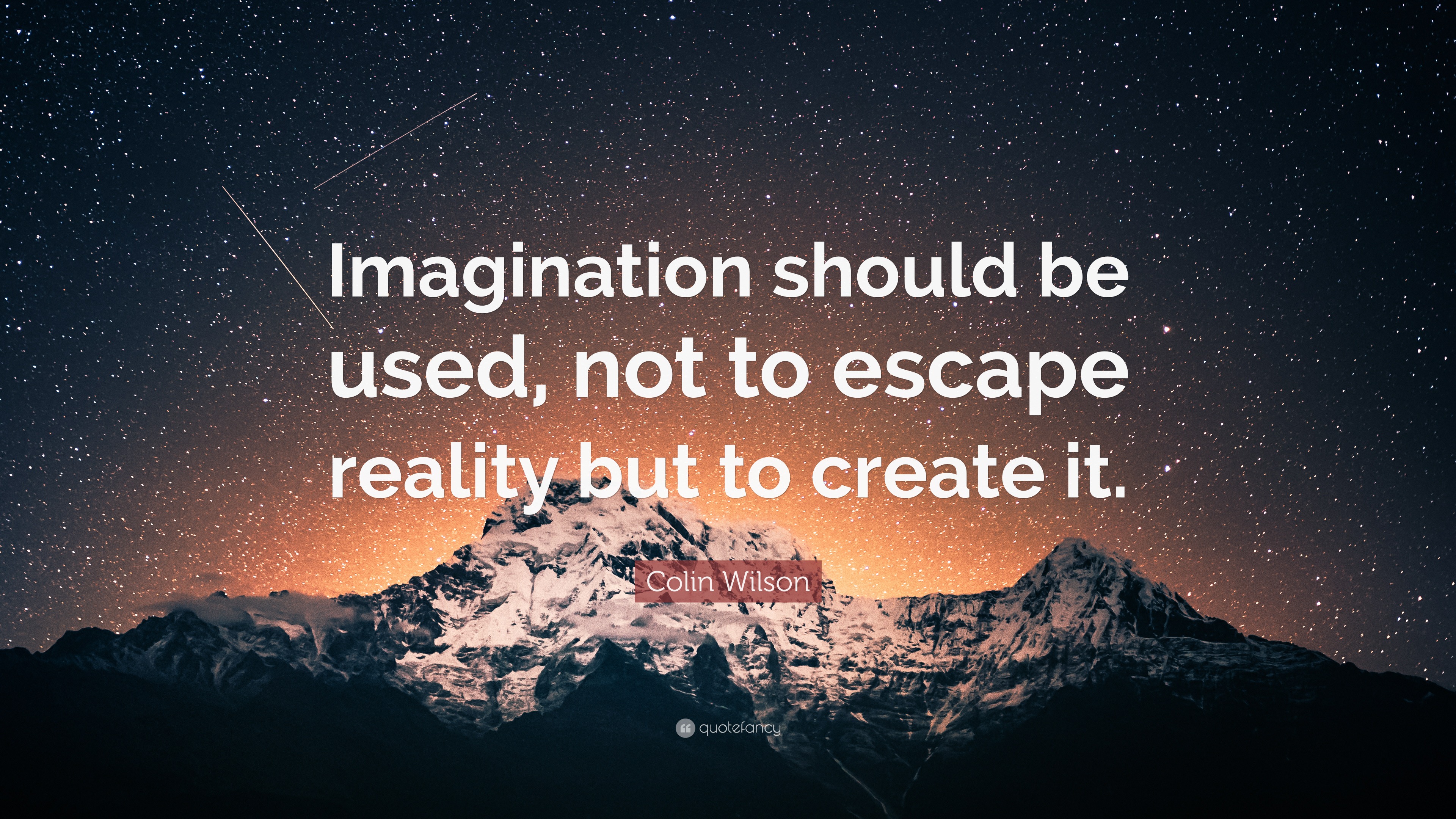We often think of our imagination as consisting of drifting ideas and daydreams. But for novelist and philosopher Iris Murdoch, this view of imagination is radically mistaken. Imagination is not a way to escape the world but the route by which we become positive agents within the world. In this article, Miles Leeson applies Murdoch’s distinction between imagination and fantasy to Murdoch’s own literary work and argues that such a distinction is crucial for our ethical lives. At the heart of Iris Murdoch’s philosophy is the question, ‘How can we make ourselves morally better?’ This, of course, is the work of a lifetime and Murdoch recognises this by making it a key theme in several of her works, from ‘The Sublime and the Beautiful Revisited’ (1959) through to her final philosophical text Metaphysics as a Guide to Morals (1992) to say nothing of her fictional work. While the general direction of her argument in favour of the active use of the i…
Read the full article which is published on IAI TV (external link)






